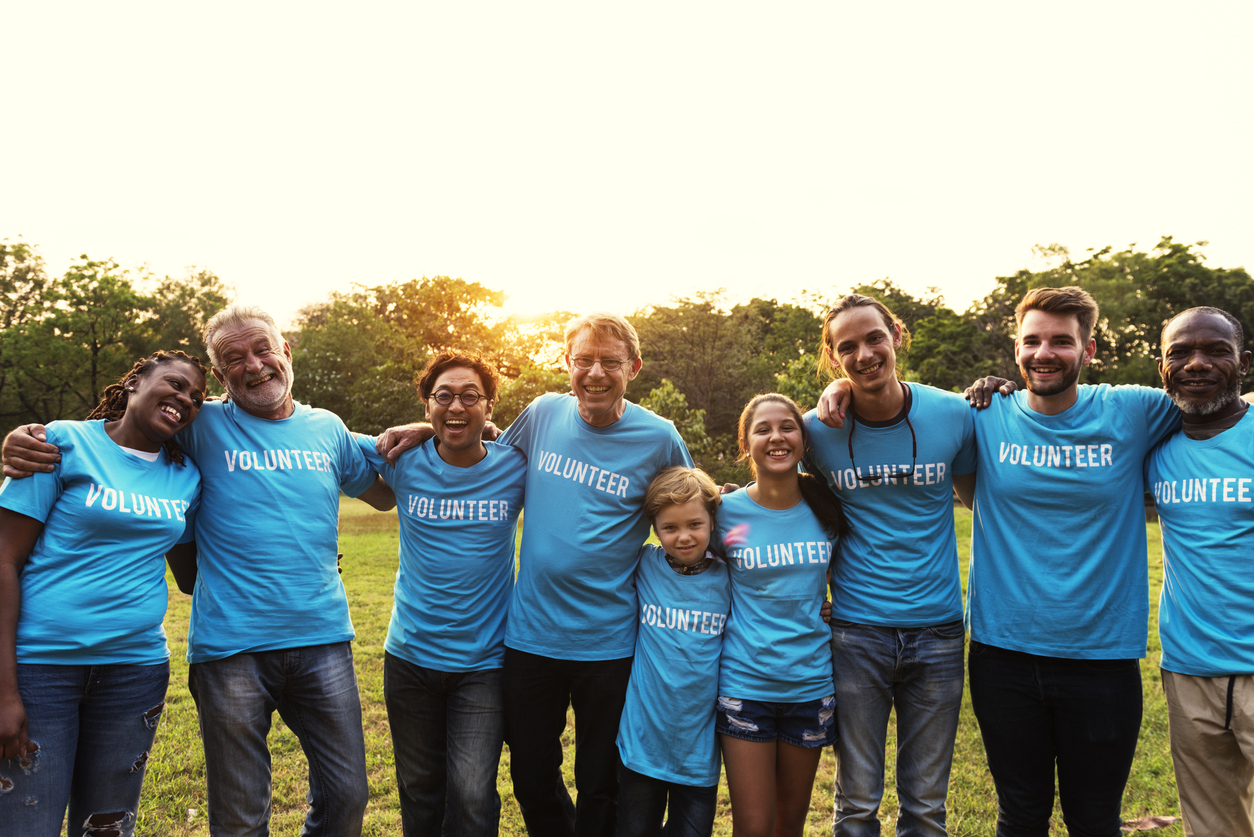Relationships often develop due to our surroundings. When we are younger, we have more natural social opportunities where we can meet, interact and connect with people. As we grow older, those contextual relationships that we had as students, employees, and parents can fade away as we scale down on friendships that are not close or emotionally meaningful.
But friendship is a beneficial and important aspect of life at any age. Research in the field of interpersonal neurobiology shows that our brains and bodies need social connections to feel fulfilled and to age well. Having a social life is pertinent to our physical and mental wellbeing, so it is essential to maintain social connections as we get older. This isn’t always easy to achieve as we age, so this article will explore 8 ways to form meaningful connections and friendships later in life.
The Importance Of Friendships Later In Life
Psychology professor, Louis Cozolino, champions the positive impact of social interaction and human relationships. Cozolino’s research demonstrates how our brains are social organs. This means that humans are wired to connect with one another and to interact in groups. Maximizing social interaction and human-to-human contact in life is good for the brain at every stage, but particularly so for the aging brain. People who have more social support tend to have better mental health, cardiovascular health, immunological functioning, and cognitive performance.
Many studies have shown that social isolation or loneliness has a massive effect on cognitive functioning. According to the National Institute on Aging, loneliness is linked to higher risks for a variety of physical and mental conditions such as high blood pressure, heart disease, obesity, a weakened immune system, anxiety, depression, cognitive decline, Alzheimer’s disease, and even death. It is found that people who engage in meaningful, productive activities with others tend to live longer, have improved moods, and have a sense of purpose. These activities seem to help maintain their wellbeing and may improve their cognitive function.
Ways To Make Friends Later In Life
1. Re-examine Your Thoughts On Friendship
Just because someone is a lot older or younger, or a different sex, doesn’t mean the two of you cannot become great friends. One of the main reasons why many people have a difficult time making friends later in life is because of the stigma that comes with putting yourself out there after a certain age. Don’t indulge those thoughts telling you that trying to meet new people makes you seem lonely or sad, but instead remind yourself that there are millions of people who are looking for the same thing as you, and who would be overjoyed to find someone like you to spend time with. Also consider the people you interact with daily as potential friends, such as the postman or even your live-in carer. Companionship can come in all sorts of forms.
2. Take Initiative
Taking the lead in developing a relationship with another person takes a lot of courage and vulnerability. But it is worth it to take responsibility for any feelings of loneliness you may have and reach out to others. So, if you meet someone who’s company you enjoy, be brave and invite them to meet up again. A great place to start is with your existing social network. Get to know your neighbors or reconnect with any long-lost friends. Invite the friends you do have to a social gathering and encourage them to bring along guests that you’ve never met before. Remember, there is also no shame in asking for an invite. When you hear an acquaintance say that they are doing something you might be interested in, ask to join. Just because someone didn’t explicitly invite you to join doesn’t mean they would necessarily mind you accompanying them
3. Turn To Technology
The internet is a great hub for social interaction, and there are uncounted ways to interact with people and make new friends. These days it is easier than ever to be more “connected”, with mobile phones, social media, email, and video chat platforms helping us to connect with distant friends. They can also be helpful in finding places to make new acquaintances, such as online social groups and communities. There is a Facebook group for just about any interest you can think of! In the wake of the pandemic, it has become even more necessary for people to rely on technology to maintain long-distance relationships. Until we revert to some kind of normality, face-to-face interactions may have to wait.
4. Explore Fun Activities
Your interests, hobbies, and skills are a great way to meet new potential friends. By pursuing activities you are interested in, you can meet people with similar interests, and you are also becoming a more interesting friend yourself. Trying something new, like learning another language or taking a cooking class, is a great way to meet people you would normally not cross paths with. Obviously, not everyone in these classes or clubs is going to have the same views as you about everything, but that is part of the fun of trying to make new friends.
5. Keep It Local
Always check the local paper, Google, and local Facebook pages for nearby event listings that you could attend to get you mixing with people in your immediate area. Going to performances, fundraisers, festivals, etc is a great way to get involved with the community and to find new potential friends. If you feel self-conscious about attending an event on your own, just remember that it is unlikely that you are the only one who is there to meet other people. Don’t be afraid of introducing yourself and striking up a friendly conversation to make new connections when at local community events.
6. Volunteer

Volunteering is a great way for you to use your skills and time to give back to a cause that is important to you, all while providing a fantastic way to meet new people. Volunteering has a positive effect on society, but doing good for others has a positive effect on you too. So, why not get involved with a worthy cause through organizations, not-for-profits, and charities? Many volunteering opportunities foster teamwork and fellow volunteers are likely to be there for the same reason you are and will be open to connecting with someone new. If someone is volunteering their precious time to help others it shows that they are likely to be more empathetic and less self-focused, which are great qualities for making new friends.
7. Be A Friend
Be someone that someone would want to be friends with. This will help you to feel confident and easily foster new connections. Engage with others by encouraging them to talk about themselves and listen to them in earnest. When this is done sincerely, it makes the other person feel valued and connected. Always smile and make an effort to remember people’s names. Smiling at someone prompts a similar smiley response in them. So, when you’re trying to make new friends, make an effort to keep a pleasant expression on your face. Like any relationship, friendships take work to maintain. If you want to make and keep new friends, it is essential to make a conscious effort. Schedule regular meetups and check-in via text or email frequently. The more you nurture your new friendships, the more they will flourish. One of the easiest ways to make yourself more approachable is by smiling.
8. Try A New Class
Learning a new skill is a great way to both keep your mind active as you age and force yourself into a collaborative and social environment. Continued education is key for an active and healthy mind, and it also provides the perfect opportunity to make some new friends. There are many colleges that have special programs designed for seniors. Even though you may have been out of school for decades, enrolling in a class or an online course will give you a built-in social circle of people to work on projects with, bounce ideas off of, and commiserate with after class. A new workout class aimed at seniors is another fun way to stay healthy while making friends. There are many fitness classes that are designed to foster a sense of community, so there is a high chance that you will leave class with improved health and new friends.
Of all the experiences we need to survive and thrive, it is the experience of relating to others that is the most meaningful and important. Hopefully, this article helps you to foster beneficial and uplifting friendships later in life.
Read Next:
What Causes Friendship Jealousy—And What To Do About It
What I’ve Learned About Making Friends in My 50s








